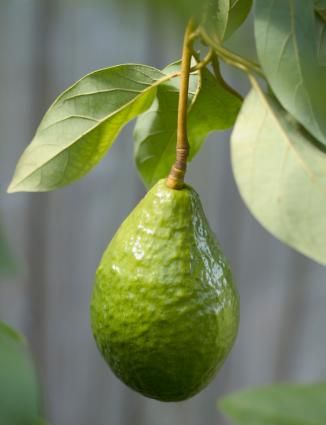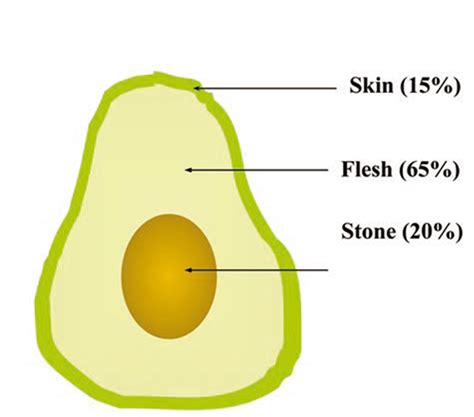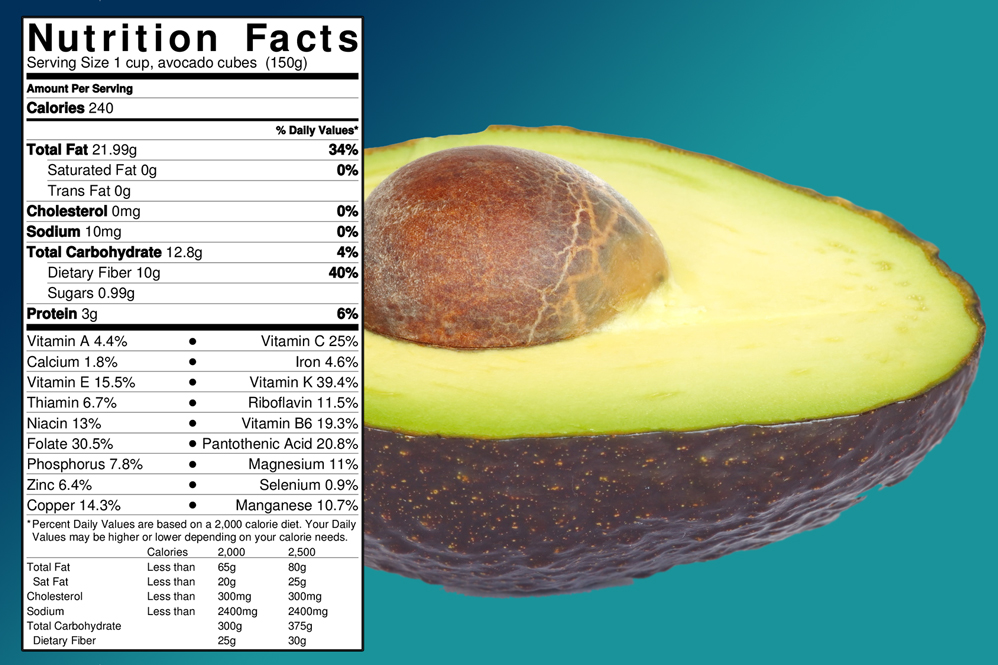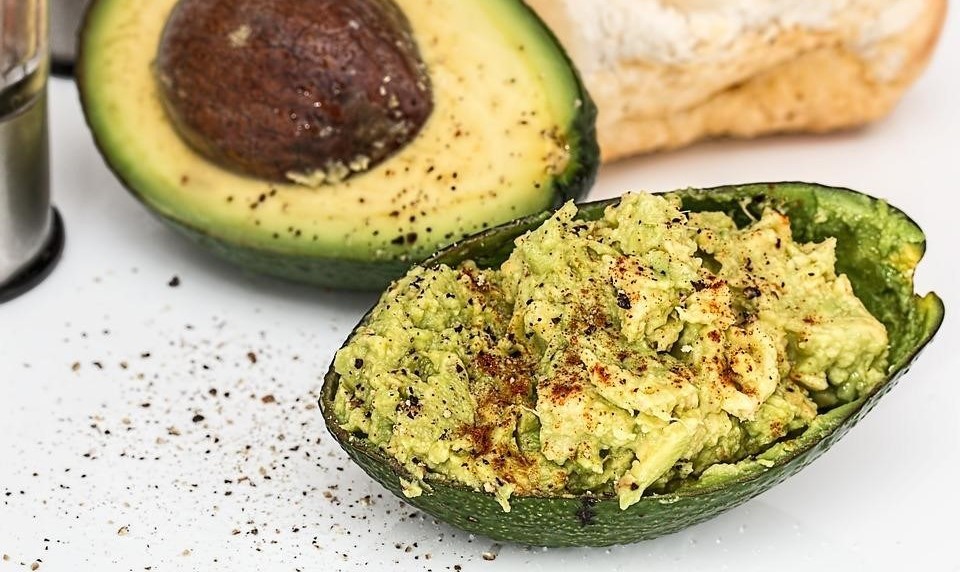There’s been a continuous debate raging regarding the safety of feeding your dog avocado.
A debate that still, as yet, has not reached a definitive answer.
So, if you are wondering whether you can share your delicious guacamole with your furry little animal, then the answer is a little bit conflicting and falls in two camps of both yes and no.
Can dogs eat avocado or not?

The thing you need to know is that avocado can be broken down into four main parts namely:
- tree
- bark
- fruit, and
- leaves
The fruit of the avocado has the flesh or meat if you like, the seed or the pit, and of course the skin.

Parts of avocado not safe for dogs
The leaves of an avocado tree contain a poisonous toxin known as persin.
You will also find it in:
- the pit
- the bark, and also
- the skin of the avocado.
The flesh contains very low levels of the toxin which does not seem to cause any harm to dogs.
The majority of the controversy stems from the knowledge of the poisonous toxin and most studies actually advise against feeding your dog avocados. But if GIVEN IN MODERATION and when closely monitored you can safely feed your dog some pieces of avocado.
Can dogs eat guacamole?
Yes. If you have decided to feed your dog some avocado, it is okay to give him guacamole as well, as long as it does not contain any onions or garlic.
Garlic and onions contain toxins that have been known to be deadly if ingested in large quantities. Spices such as salt and pepper can be safe in small amounts.
How to feed avocados to your dog?

As mentioned earlier, parts of the avocado are poisonous to the dog, but, if you stick to the flesh or meat, you are safe.
The most significant risk when it comes to the avocado in a dog would be if he accidentally ingested the seed because it is large and can cause an obstruction in the esophagus, intestinal tract, and stomach.
So, while it is deemed safe, the best thing would be to limit access to it, and if you must feed your dog an avocado, do it under strict observation.
What to do if they accidentally ingest the seed?
If you happen to come home at the end of the day and you find that your dog may have accidentally eaten the avocados you left on the kitchen table and there are no seeds in sight, then, the first thing you need to do is to try not to panic.
Most dogs do consume the avocado flesh without the seed so try and look for the pip in the house. If you do not find it, look for evidence that he may have consumed it, such as scraps that may have been left behind.
Signs that he may have ingested the seed include:
- lack of stool
- diarrhea, and
- vomiting
Next, call your local vet to explain the situation and ask for advice.
Health benefits of avocados

The biggest worry when it comes to avocados is their fat content.
Obviously this may not be very good for an overweight or obese dog, but fats are not necessarily bad for your dog. You may need to speak to your vet before feeding your dog an avocado, and especially for underweight dogs, it can only help!
In addition to fat, they have very high levels of the following:
- Vitamin A
- Vitamin C
- fatty acids
- calcium, and
- iron.
It’s important to note that many dog foods currently for sale contain avocado oil.
Avocados are known as “super-foods” because they have very high levels of nutrients. Here is an overview of these nutrients:
100 grams of avocado contains:
- 2 grams of protein
- 160 calories
- 7 grams of fiber, and
- 2 grams of protein.
Additional benefits of avocados
- Avocados have a lower sugar content compared to other fruits.
- It is rich in dietary fiber that helps in controlling your dog’s appetite and also encourages healthy bacteria to grow in the digestive tract, which reduces the risk of heart disease and stabilizes the dog’s blood pressure, while also regulating their cholesterol.
- Avocados contain monounsaturated fats such as oleic acid, which is a potent anti-inflammatory agent.
- They have high levels of folate and Vitamin B9 which supports your dog’s tissue growth and healthy cells.
- They are rich in potassium which helps in the management of blood pressure.
- They are high in Vitamin C. This is an antioxidant which helps your dog to develop a healthy skin and coat while also working on the immune system.
- They also have a plant compound known as carotenoid that helps with your dog’s eyesight.
- They contain Vitamin K that works in keeping their bones healthy.
If you are still unsure whether to feed your dog some avocado, then the above added benefits may help your ultimate decision a more informed one.
RECIPE: Pumpkin and avocado dog treats

Your pup will probably love the taste of the avo fruit as nature made it, but if you’re up for a little time in the kitchen, you can whip up this delicious treat for him.
Ingredients
- A half of a ripe avocado – mashed
- A half a cup of pumpkin puree
- 1 tablespoon of honey – optional
- 1 and a half cups of all-purpose gluten-free flour
- ½ a teaspoon of baking powder
Method
- Preheat your oven to 350 degrees.
- Add the pumpkin puree, avocado, and honey in a bowl and mix well.
- In another bowl, mix the baking powder and all-purpose flour together.
- Combine the dry and wet ingredients.
- Place the dough on a floured surface and roll to ¼ inch of thickness
- Cut it using the cookie cutter into desired shapes and arrange on the cookie sheet
- Bake for at least 20 minutes or until done – they should be brown and firm on the edges
- Cool and store in an airtight container.
Final thoughts on feeding your dog avocado

It is safe to say that the flesh of an avocado cannot harm your dog. However, if you are still unsure, then do not offer it to your puppy. Be safe and keep it out of his reach.
There are many other fruits that can be given to your dog instead!

